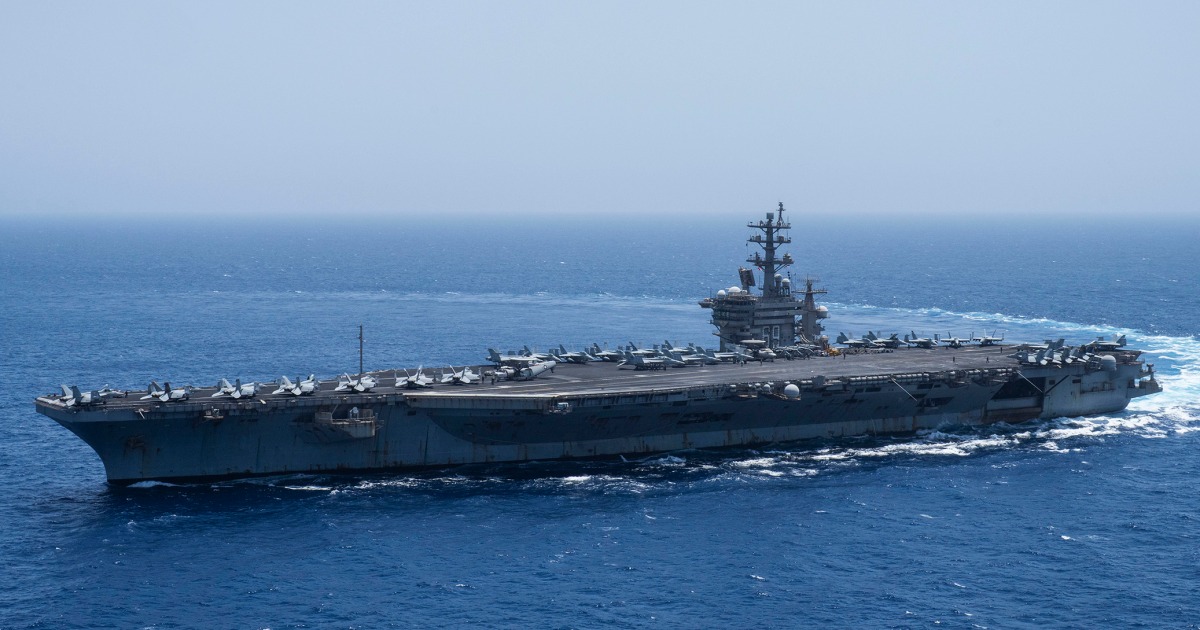
London, England
Two freighters have sunk in the Red Sea this week due to attacks by the Houthi rebel group in Yemen, causing concern for global supply chains and leading to innocent lives being lost. The latest attack resulted in at least three seafarers being killed.
According to reports from multiple shipping associations, including the International Chamber of Shipping and the World Shipping Council, Houthi attacks on vessels in the Red Sea have been escalating since late last year. The longer diversion around the southern tip of Africa as a result is threatening global supply chains and sending shipping costs soaring.
The Houthis, an Iranian-backed rebel group in Yemen, are suspected of carrying out these attacks. Their campaign against ships in the vital maritime corridor has resulted in at least four seafarers being killed and two vessels sinking since November 2023.
The latest attack occurred on a commercial ship traveling through the Gulf of Aden, which experienced explosions near it on Friday. The Houthis are suspected of carrying out this attack as well.
The UK Maritime Trade Operations center reported that the crew is safe and the vessel is proceeding to its next port of call. However, this incident marks a new escalation in the Houthi campaign against ships in the Red Sea and Gulf of Aden.
The Houthis have maintained that their attacks target ships linked to Israel, the United States or Britain. However, many of the ships attacked have little or no connection to these countries.
The US Navy has been responding to these attacks with airstrikes against Houthi targets in Yemen. The USS Dwight D. Eisenhower, which had been leading America's response, is reportedly returning home after an over eight-month deployment in combat that the Navy says is its most intense since World War II.
The closest American aircraft carrier known to be operating in Asia is the USS Theodore Roosevelt. The Roosevelt anchored Saturday in Busan, South Korea, amid Seoul's ongoing tensions with North Korea.

